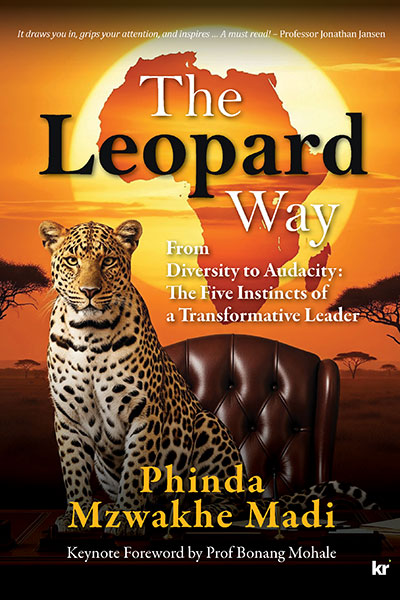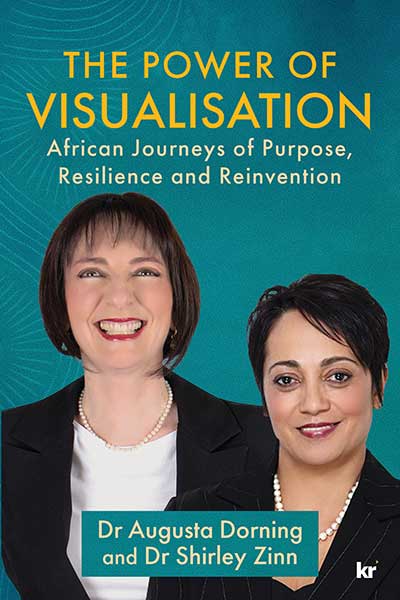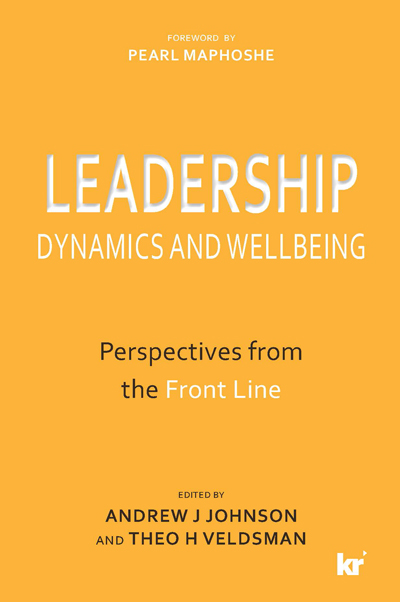Description
You cannot be strategic about the past. Whoever heard of anyone making plans for yesterday, or thinking deeply about the options for action – for last month?
It is in the very nature of things that we plan for tomorrow and think about what we will do at some point in the future. The reason why we do this is quite clear: we have options. As we cannot predict with 100 per cent accuracy what will happen in the future, we have to exercise our choices and make decisions, often under conditions of great uncertainty.
This book is for anyone who wants to think about their strategy, as opposed to relying on brute force or dumb luck.
- Anyone who has to think strategically to survive. This is not primarily an academic book – it is a practical approach to strategy based on experience, much experimentation and the current literature available.
- Big and small businesses – from the solo entrepreneur, to large enterprises. Eventually, it all boils down to a person/leader or a group/team taking time to think about innovative ways to improve their current performance baseline.
- Not-for-profit organisations. Even if the objective is not to make a profit, every organisation has a purpose that encapsulates its reason for being. It has to plan strategically to achieve this purpose.
Our primary philosophical framework is based on general systems theory, cybernetics, system dynamics, systems thinking, psycho-dynamics and social systems theory. But our intention is, at least, to work in the complexity of the subject matter in a simple and pragmatic way.
This book is not intended to be the final word on the subject of strategy. It is the continuation of a process of discovery and learning, the integration of diverse but related strategic concepts, and a contribution to the on-going dialogue about the nature of (and concepts related to) strategy. In essence, our approach is eclectic and our aim is to integrate many related but still loose-lying concepts in a hands-on way, so that they may be useful to both practitioners and leaders.
More than anything, however, this book is about the application of thought (as opposed to brute force or dumb luck) to strategic organisational initiatives.















